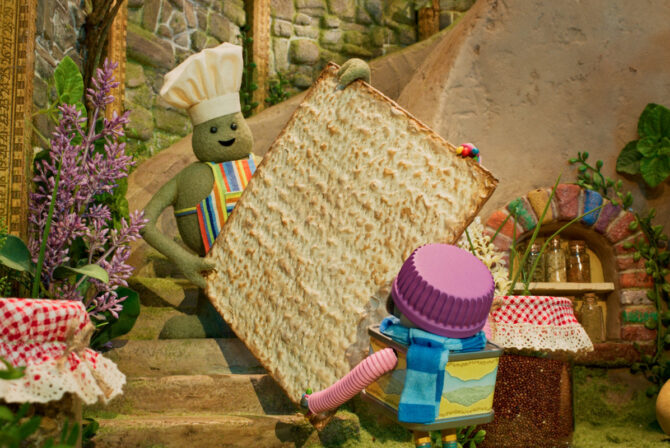Three weeks after Jared was born, he started spitting up. At first it was normal baby barf, but it became heavier and more frequent.
By his 4-week birthday, Scott and I were living out of the washing machine. We left it full of soap and water, dumping soiled onesies, footies, burp cloths, bibs, and our own vomit-soaked clothes into it throughout the day. We ran the washer at night and as we needed new clothes for ourselves or our son, we pulled them out of the dryer. At the height of the worst, Scott changed Jared’s clothes five times in one hour. The footies were soaked from head to toe and front to back.
We called the pediatrician’s office on a Friday morning, and the voice at the other end said it sounded like Jared had developed reflux. Try baby Zantac, the nurse said, and bring him in for his scheduled 1-month well check on Tuesday. All that happened was more vomit, and it had turned projectile, shooting out of Jared’s tiny mouth and across the couch at velocities reserved for NASA.
On Monday morning, Scott took Jared to the doctor while I took Ellie to preschool orientation. The doctor weighed him and he clocked in at 9 pounds, 2 ounces, up nicely from the 6 pounds, 15 ounces he was at birth. She changed his formula and told us to come back the next day. (Yes, formula. I once again didn’t produce enough breast milk to sustain life.)
After dropping Ellie off at preschool, I returned to the pediatrician with Jared, who was by now vomiting up clear liquid and expelling entire bottles as soon as he finished ravenously sucking them down. His diapers were dry and he had pooped once in three or four days. He was lethargic. The doctor weighed him and he was down half a pound in 24 hours. It was then that she spoke the words “pyloric stenosis,” two cool-sounding words for a really horrible condition. She sent us to the hospital for an ultrasound to determine whether Jared’s pylorus, a sphincter ushering food from the stomach to the small intestine, was blocked. It was.
Jared was admitted to the pediatric ward right away–and down a full pound by the afternoon. It took 36 hours of intravenous fluids to get him stable enough for surgery. He was dehydrated and his potassium and electrolyte levels were off. He wasn’t allowed to eat anything, but he didn’t have much energy to cry for food anyway. About 20 hours into his stay, the nurses inserted a tube through his nose to his stomach to drain any stomach acid that developed because he was throwing that up, too.
Once he was stable, an orderly came with a stretcher to take us down to the operating room area. Scott rode on the stretcher, cradling Jared, IV wires and bags trailing them. I tried to keep up on foot, ignoring the fact that I’d had a C-section four weeks prior. I’ll never forget the look on the faces of the people we passed in the hallways when they realized Scott wasn’t the patient; the tiny baby in his arms was.
During the procedure, the surgeon laparoscopically cut a hole in the muscle where one should have occurred naturally. A few hours later, I had the honor of giving Jared an ounce of Pedialyte. It stayed in. Over the next 24 hours, we slowly introduced formula and increased the amount to two ounces. When he held that in, he went home.
Amid the rush of the emergency situation and trying to maintain normalcy for Ellie, the severity of everything didn’t fully hit me until I listened to a voicemail from the rabbi at Ellie’s preschool. He called to wish Jared well and to offer prayers for our family. To me, the rabbi calls only during real medical crises, and indeed that’s what this was.
The cause of pyloric stenosis is not completely known, although it’s thought to be genetic. Scott had issues with his pyloric muscle until he was 3 months old, but he didn’t need surgery; the problem self-corrected. The National Institutes of Health add that the condition is more common in boys and is usually diagnosed by 6 months of age. Some sources say the condition is common in Jewish babies, but I wasn’t able to find enough information to substantiate that claim.
I’m happy to say that as Jared nears the 3-month mark, he is doing very well. He finally put on weight and hit the 50th percentile mark at his 2-month well check. The surgery is a cure; he shouldn’t have a recurrence. He still spits up and even projectile vomits occasionally, but now it’s back to normal baby barf. I have never been so happy to change wet and even poopie diapers as I am with him after our experience.
I’m so grateful for modern medicine and the doctors who practice it so well. They saved my children’s lives. They gave me double chai.








